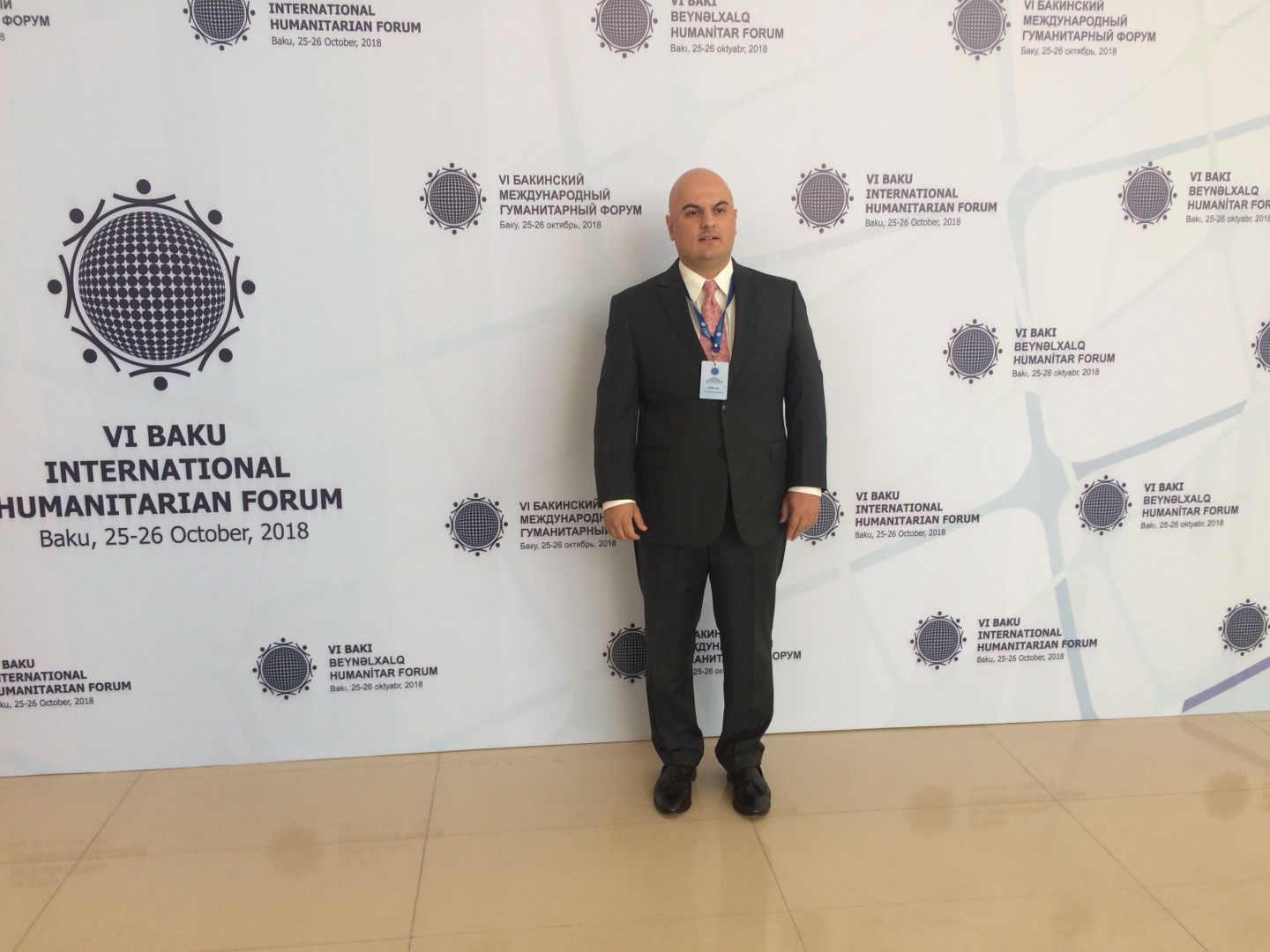USAID's next victim: Georgia's sovereignty at imminent stake [COMMENTARY]
![USAID's next victim: Georgia's sovereignty at imminent stake [COMMENTARY]](https://www.azernews.az/media/2024/09/13/image_2024-09-13_132720528.png)
USAID has once again aligned its financial assistance with its strategic interests, recently deciding to more than double its aid to Armenia from $120 million to $250 million. This increase follows April's announcement of $23.1 million in new programs for Armenia, focusing on democratic processes, regional cooperation, disaster risk management, cybersecurity, food security, and energy security.
For years, NED and USAID have provided a large amount of financial assistance to Georgia's political reins. However, the West, seeing the harsh face of domestic political circles, seems to have changed its direction. Given that Georgia will hold parliamentary elections next month, anticipations of provocations in Georgia during the elections now pose a formidable question. If the US wants real peace in the region, why are they still continuing this process? Can we say that it is more about influence than aid?
Peter Tase, an independent American political analyst and expert on the South Caucasus, offers a critical perspective on this development. He told Azernews, that with the USD 250 million allocated by USAID to Yerevan's Government, Washington is encouraging Armenia to become a pariah state.

"For too long, The Biden-Harris Administration has ignored the close cooperation between Armenia and Iran. USAID's involvement with Armenia, and the ongoing increase of US financial aid towards Nikol Pashinyan's courtyard, will further deteriorate the democratic standards in Armenia and seriously damage the opposition political parties in the country.”
Tase also highlights historical concerns, noting that “most of the USD 23 million allocated for Yerevan will reach the pockets of corrupt Armenian bureaucrats. History is infallible when it comes to USAID's unpleasant legacy of providing financial assistance to Global South Countries and developing countries in Eurasia; many serious mistakes and money wasted have taken place.” He references the 2017 crisis involving a $9.5 billion USAID project led by Chemonics International, which was marred by corruption and fraud.
Moreover, Tase critiques the U.S. government’s selective support, pointing out that while financial assistance has been generously provided to Armenian communities leaving Garabagh, similar support has not been extended to victims of the Armenian conflict within Azerbaijan. He remarks, “The U.S. Government has not maintained the same posture, nor provided any relevant assistance when it comes to helping Azerbaijan's kids, violated women, and family members of maimed civilians that have suffered from Armenian war machine for over thirty years, inside the sovereign territory of Azerbaijan.”
As Europe and the Americas face a chaotic present, Tase suggests that “the U.S. Government has pursued a bitter opaqueness when it comes to maintaining candid bilateral relations with the Caucasus nations and beyond.” He emphasizes the need for the U.S. Congress to ensure that taxpayer dollars are used responsibly and calls for greater scrutiny of U.S. foreign policy principles.
Turning to Georgia, Tase warns, “Georgia and its troubled path to economic development and genuine ambitions to embrace democratic institutions are in a deeply convoluted terrain and geopolitically complex. The upcoming parliamentary elections in Georgia could produce one of the greatest shifts in global geo-strategic power that Europe has ever witnessed. Georgia's proximity to the Russian Federation makes the country highly vulnerable and Moscow could potentially exploit the results of parliamentary elections in Tbilisi in order to weaken the American leadership in Europe and beyond. Georgia's sovereignty is under imminent serious threat and its democracy has never been close to extinction as it is presently.”
---
Follow us on Twitter @AzerNewsAz
Here we are to serve you with news right now. It does not cost much, but worth your attention.
Choose to support open, independent, quality journalism and subscribe on a monthly basis.
By subscribing to our online newspaper, you can have full digital access to all news, analysis, and much more.
You can also follow AzerNEWS on Twitter @AzerNewsAz or Facebook @AzerNewsNewspaper
Thank you!

